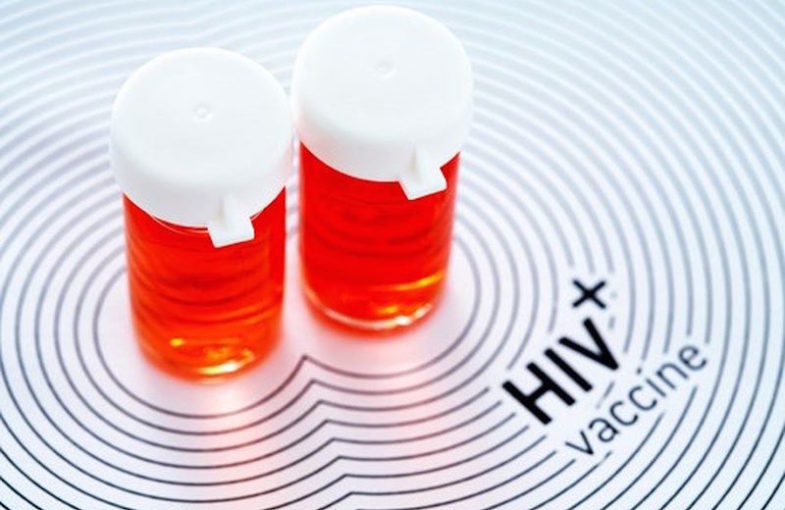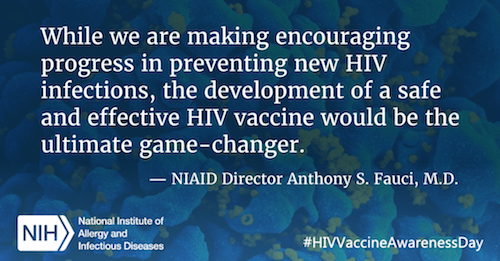HIV, also known as human immunodeficiency virus, is a viral infection that is acquired via the exchange of body fluid; hence blood transfusions (blood screening has reduced that significantly), IV drug users, unprotected sex, etc., increases the risk of acquiring this infection.
Just as a quick break down of what this virus does, it basically destroys our CD4 T-cells, which is a type of immune cell responsible for our immune response. These cells allow our body to respond to antigens (a toxin or substance that induces a immune response), and without it, we basically are susceptible to a lot of nasty bugs. A normal CD4 T-cell level is about 500-1500, and anytime the levels get below that, people with HIV or any immunodeficiency, are susceptible to what is called opportunistic infections. They are known as opportunistic infections because it requires our immune system to reach a point of where it isn’t working at its’ optimum level, hence these infectious agents are able to take over and cause an infection, that normally wouldn’t affect someone who is immunocompotent (who can fight off an infection, effectively). HIV targets these T-cells and basically use our DNA to form their own RNA (genetic information), and then reproduces virions which leave the infected T-cell and goes off to wreck havoc on other T-cells in this person’s body.
The scariest thing about HIV, is that if the person’s CD4 T-cells drop below 200 cells/mm3, it is considered that the person has progressed from HIV to AIDS. AIDS (acquired immunodeficiency syndrome) is the point at which the patient is now susceptible to even more nasty infections; infections that could kill them. Hence once the doctors and scientists were able to understand what they were dealing with, they developed treatment to make sure the T-cells remained at a normal level and the viral load was low.
The reason why anti-retroviral drugs that are used to treat HIV are so effective, is because they stop the process of the virus from producing/releasing its’ virions, and allow for normal T-cell levels to be reached. It does this by targeting different enzymes throughout the whole process, making it a very powerful treatment for this horrible disease.
Unfortunately, with all medications, it’s a reactive response rather than a proactive one. One of the biggest accomplishments in the medical field, was being able to provide proactive solutions to epidemic problems. For such infections that could be very deadly or produce severe long term effects; measles, chicken pox, polio, etc., vaccinations have been a God send. A lot of anti-vaxxers would want to argue against that, but I would rather a world where congenital defects in a newborn could be completely avoided, if a mother was vaccinated against Rubella and Chicken Pox, for example, before she became pregnant. In a world without vaccine, the horrible results were a reality. Why would anyone want a world like that? The same then can be said about, HIV; who would want a world with that?
HIV currently affects 36.7 million people in the world, with majority of them being from Africa, where even anti-retroviral medication is a stretch to acquire. What if instead of medications, in the same way the world provides medical relief via vaccinations, we could provide an HIV vaccination?
Well apparently a trial was conducted with about over 300 people, randomly picked and who are not infected with HIV, being given the first ever vaccination. Now the experiment was done more to observe the side effects and whether those who were vaccinated, still showed signs of immunity after a year. The results of the experiment showed that the participants in the experiment, did still show sign of immunity in their system.
Seeing as we cannot go ahead and infect people with HIV, the research also involved monkeys and for them, 2/3rd of those monkeys were protected from developing HIV after receiving one version of the vaccine.
Of the individuals picked for this experiment, all of them were at low risk for developing HIV; probably not IV drug users, people who probably used condoms regularly during intercourse, etc. So basically, it was all done at the most minimum level.
The research is definitely promising, but we have to remember that although 2/3rd of those monkeys were protected from developing HIV-1, via one version of the vaccine, we do not know if that immunity could be replicated in humans. Although it is still exciting because finally, we’re actually trying to take a proactive route towards HIV, rather than a reactive one.
If you’re interested in reading the NHS article, related to this topic, you can check it out here.
Related Posts
Glitch – Season 3 – Everything you need to know Next Post:
Gym Week 28 – Becoming Me Again






























